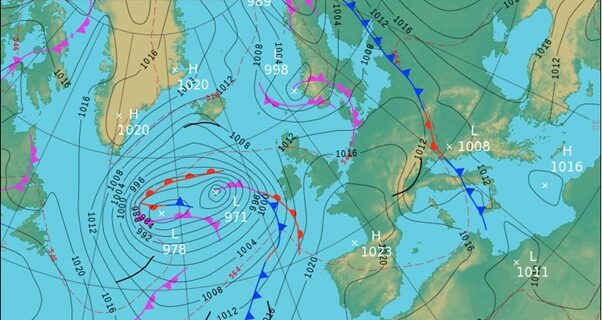What is British Summer Time?
Sometimes called Daylight Saving Time (DST), British Summer Time (BST) is a period in the summer when clocks go forward by 1 hour. The reason why is so we can make the most of daylight hours. Clocks ‘spring forward’ at 1am on the last Sunday in March and ‘fall back’ at 2am on the last Sunday in October. This year, clocks will go back on Sunday 29th October and we will then revert to Greenwich Mean Time (GMT) for the winter months.
When was it introduced?
Summer Time was first mentioned by Benjamin Franklin, one of the founding fathers of the United States of America, in 1784. The first proposal for Summer Time in Britain was made by a man called William Willett. It is thought that one of the reasons behind him publishing a pamphlet in 1907 called “The Waste of Daylight” was that his evenings playing golf were cut short due to the fading daylight. He was also the great-great-grandfather of Coldplay frontman Chris Martin – it is no wonder they had a hit single called Clocks! Unfortunately he passed away before Daylight Saving Time was officially introduced to the UK in 1916, after Germany adopted it during the First World War. Within a few years, many countries across the world adopted Daylight Saving Time.
Will British Summer Time End?
The British Summer Time Act was created in 1972 which started the tradition of changing clocks in late March and late October. In 2002 the UK then aligned itself with other European countries after they stipulated clocks are changed on the last Sundays in March and October. But will it continue? In 2019 the European Parliament backed a proposal to end the practice of changing clocks in European Union states. This has since been put on hold but it begs the question, will we follow suit? Some say that if we got rid of BST, darker winter mornings would be more unsafe on the roads. However, if you have Ice Watch as your supplier, your sites will always be safe no matter what time zone we end up in!
Contact us here or call 0800 232 1994 to see how Ice Watch can help you put a winter maintenance strategy in place.






